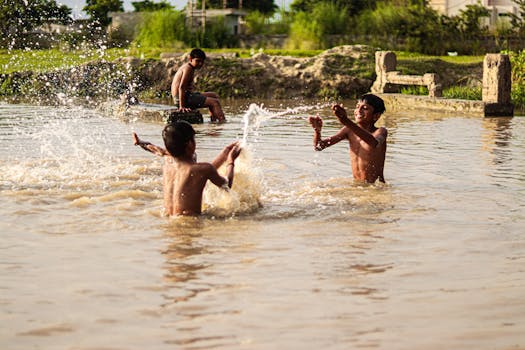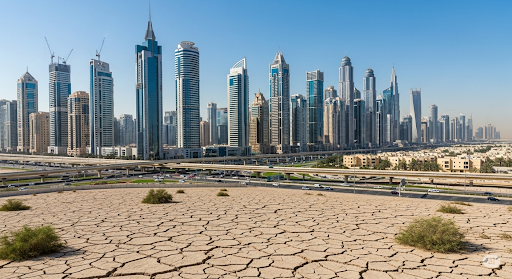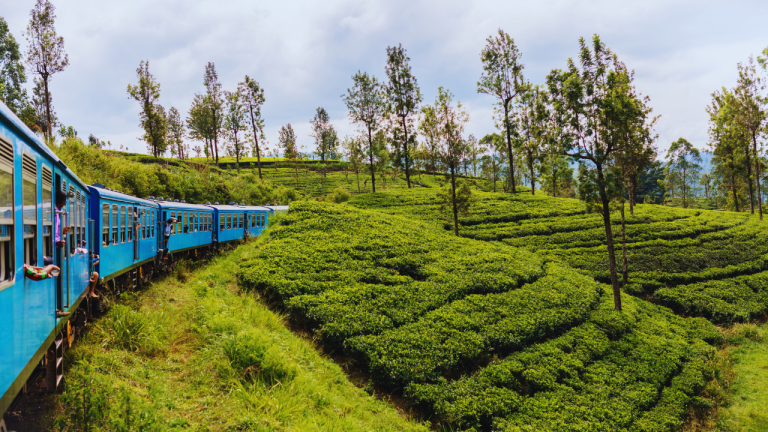Climate Change Impact on Global Ecosystems
Introduction to Climate Change and Its Effects
Climate change, driven by global warming, is having a profound impact on ecosystems worldwide. Rising temperatures, altering precipitation patterns, and increased frequency of extreme weather events are modifying the delicate balance of nature, threatening biodiversity, and compromising the health of our planet.
The Role of Greenhouse Gases
Greenhouse gases, such as carbon dioxide (CO2) and methane (CH4), trap heat in the atmosphere, leading to a global average temperature increase of over 1°C since the late 19th century. This warming is melting polar ice caps, raising sea levels, and altering ecosystems, from the freezing tundra to the hottest deserts.
Consequences of Climate Change on Ecosystems
The consequences of climate change on ecosystems are multifaceted and widespread. Some of the most notable effects include:
- Loss of Biodiversity: As temperatures rise and habitats are destroyed, many species are struggling to adapt, leading to a significant decline in biodiversity.
- Disruption of Food Chains: Changes in species distribution and abundance are disrupting delicate food chains, affecting the stability of entire ecosystems.
- Increased Risk of Wildfires: Droughts and heatwaves, exacerbated by climate change, are creating conditions ripe for devastating wildfires, damaging ecosystems and threatening human populations.
- Ocean Acidification: The absorption of CO2 by oceans is causing acidification, harming marine life, especially organisms with calcium carbonate shells, such as corals and shellfish.
Regional Impacts of Climate Change
Different regions are experiencing unique impacts of climate change. For example:
- Polar Regions: The Arctic is warming at a rate twice as fast as the global average, with significant implications for sea ice, glaciers, and the species that depend on them.
- Tropical Regions: Rising temperatures and changing precipitation patterns are affecting the distribution and prevalence of diseases, such as malaria and dengue fever.
- Coastal Areas: Sea-level rise and increased storm intensity are threatening coastal ecosystems, including mangroves, salt marshes, and coral reefs, which provide vital protection against erosion and wave action.
Adapting to and Mitigating Climate Change
While the challenges posed by climate change are significant, there are many ways to adapt to and mitigate its effects. Some strategies include:
- Renewable Energy: Transitioning to renewable energy sources, such as solar and wind power, can reduce greenhouse gas emissions and dependence on fossil fuels.
- Sustainable Land Use: Practices like reforestation, agroforestry, and permaculture can help sequester carbon, reduce deforestation, and promote ecosystem services.
- Ecosystem Restoration: Restoring degraded ecosystems, such as wetlands and coral reefs, can help maintain biodiversity, protect against natural disasters, and support human well-being.
Conclusion
In conclusion, the impact of climate change on global ecosystems is far-reaching and devastating. However, by understanding the causes and consequences of climate change, and by adopting sustainable practices and technologies, we can work towards mitigating its effects and preserving the health and resilience of our planet’s ecosystems for future generations.







2 thoughts on “Climate Change Impact on Global Ecosystems”
Comments are closed.